Question And Answer
Publications
Articles, publications, books, tools and multimedia features from the U.S. Institute of Peace provide the latest news, analysis, research findings, practitioner guides and reports, all related to the conflict zones and issues that are at the center of the Institute’s work to prevent and reduce violent conflict.
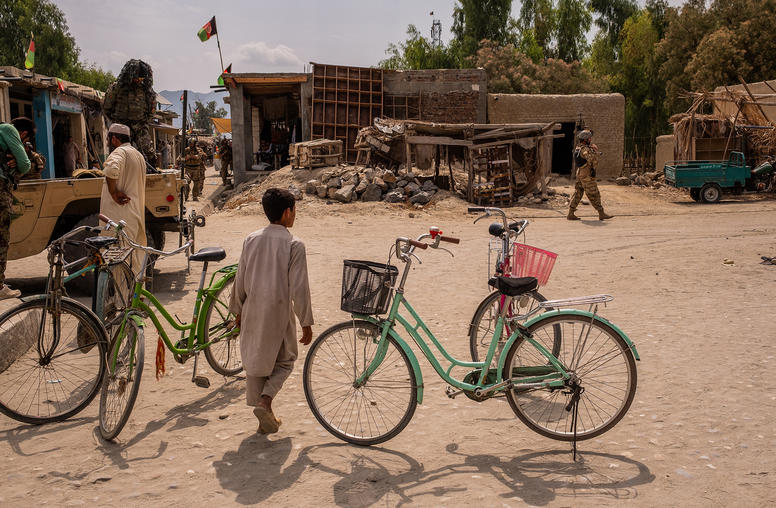
How to Revive an Afghan Peace Process
The halt to U.S. peace talks with the Taliban, announced September 7 by President Trump, should be used as a starting point for new negotiations, according to U.S. and Afghan specialists. The United States and Afghans have a chance to shape a new phase of talks to maximize the possibilities for a peace accord that Afghans can accept, the experts said at USIP. Some urged resuming talks as quickly as possible. Others argued for focusing first on unifying non-Taliban Afghans following the planned September 28 elections, and on exploiting war fatigue among the Taliban.
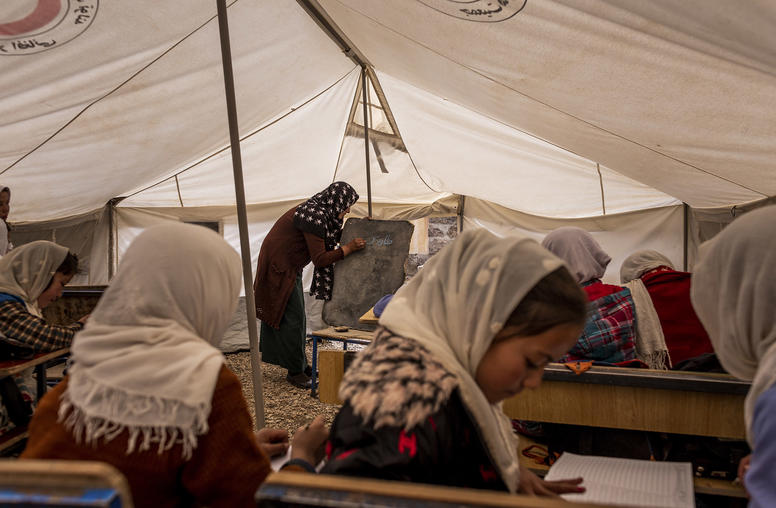
How to push Taliban for compromise? Ask the women doing it.
The halt in the U.S.-Taliban dialogue, plus Afghanistan’s September election, has forced a hiatus in formal peace efforts in the Afghan war—and that creates an opening to strengthen them. A year of preliminary talks has not yet laid a solid foundation for the broad political settlement that can end the bloodshed. While talks so far have mainly excluded Afghan women, youth and civil society, the sudden pause in formal peacemaking offers a chance to forge a more inclusive, and thus reliable, process. Even better, a little-noted encounter in Qatar between women and Taliban leaders signals that a broader process is doable.
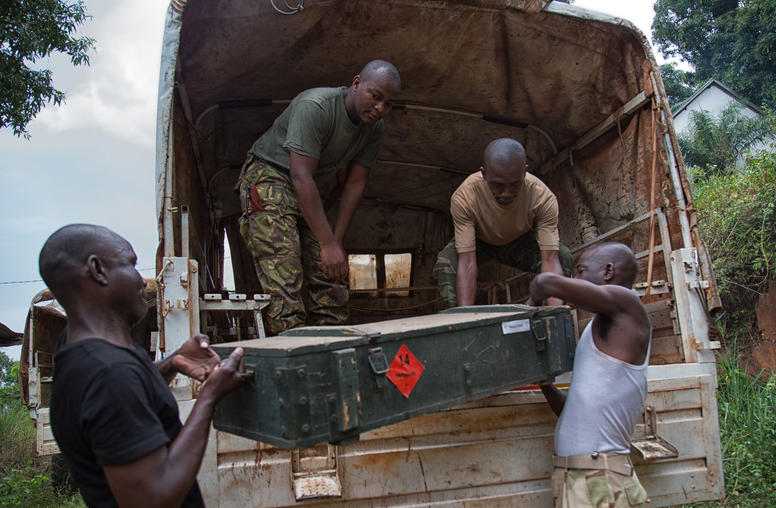
Central African Republic Struggles to Implement Peace Deal
The peace agreement signed in the Central African Republic (CAR) in early 2019 is the eighth in seven years, numbers that suggest how difficult it will be to even attempt to end to the country’s multi-sided conflict. That said, the accord this time was reached after more extensive preparations for talks and with greater international support than in the past, perhaps improving conditions for a sustainable halt to violence that has displaced more than 1.2 million people.
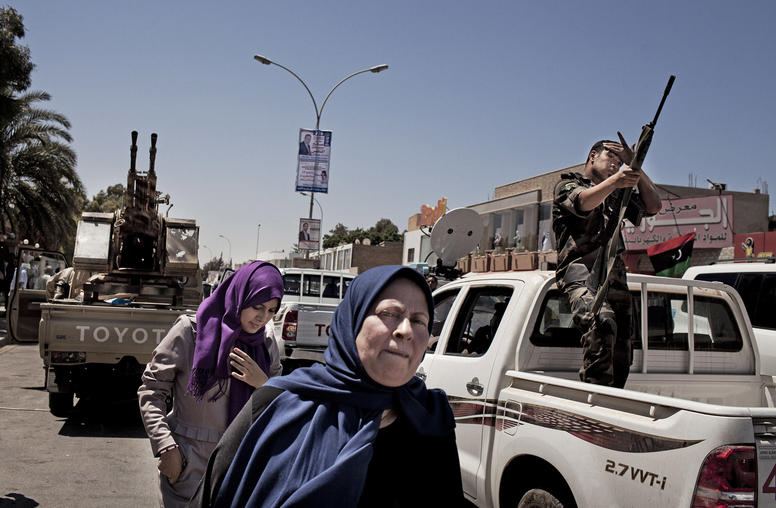
To Help End a War, Call Libya’s Women Negotiators
As Libya struggles to end an armed conflict that has only widened this year, it should turn to a hidden resource: the traditional peacemaking roles of its women. As in many countries facing warfare, women have long played a key role in negotiating or mediating conflicts within families, clans and local communities—but are overlooked by official institutions and peace processes. Amid Libya’s crisis, one such “hidden” peacemaker is Aisha al-Bakoush, a hospital nursing director who has expanded her healing mission from medical illnesses to armed conflict.
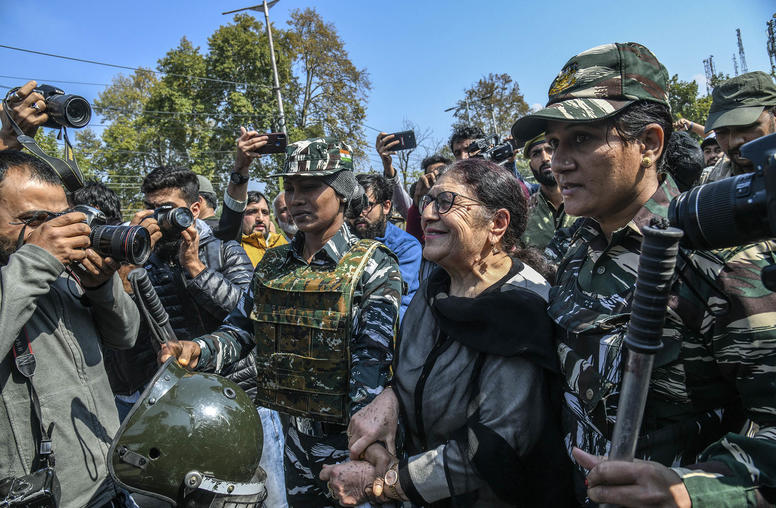
Kashmir’s crisis simmers dangerously: Attention is needed.
Conflicts centered on Syria, Iran and Saudi Arabia have seized recent global attention, overshadowing the dangerous escalation of the crisis in Kashmir. India’s government in August abrogated the political autonomy of the portion of Kashmir that it governs. To suppress protests, India has had to maintain a severe lockdown—effectively, a form of military rule—over more than 7 million people in the Kashmir valley. While India and Pakistan have avoided military clashes over this spike in their 62-year dispute over Kashmir, Dr. Mujibur Rehman, a scholar on Indian politics at New Delhi’s Jamia Millia Central University, says the international community should organize a high-level factfinding mission to reduce the risk of greater violence.
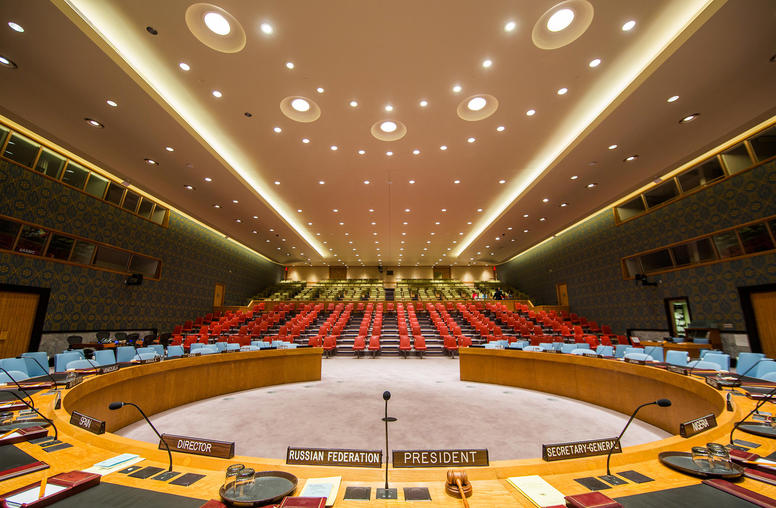
What Has the U.S. Got Against Peace Talks?
Last month, U.S. President Donald Trump withdrew from the Afghan peace process, closing off for the time being a rare opening to resolve a long, stagnant, and unpopular war. Whatever one thinks of the specifics of the deal that the U.S. representative at the talks, Zalmay Khalilzad, had nearly finalized with the Taliban, the episode was a perfect demonstration of the conflicted, often self-defeating view of peace agreements that mires U.S. foreign policy.
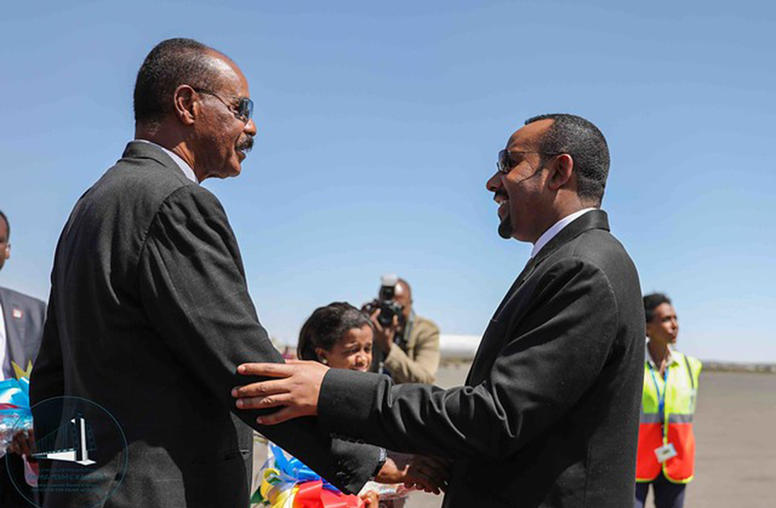
Nobel Laureate Abiy Ahmed’s Next Peacebuilding Project Should be at Home
Ethiopian Prime Minister Abiy Ahmed has remained in the news in the weeks following his 2019 Nobel Peace Prize—but not for the reasons you’d expect. An estimated 86 people have died in violence sparked by an alleged assassination attempt against a prominent political opposition leader. This tragedy is symptomatic of Ethiopia’s fragile transition and demonstrates the urgency for Dr. Abiy to focus his energies at home to deliver a peaceful transition for the 105 million Ethiopians counting on his leadership.
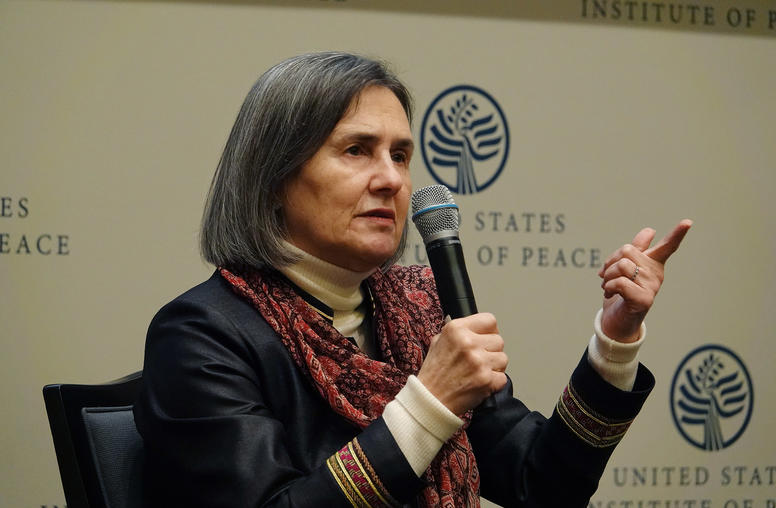
First Lady Rula Ghani on Afghan Women’s Consensus
As Afghans, the United States and the international community seek an end to the war in Afghanistan, the country’s first lady, Rula Ghani, says thousands of Afghan women nationwide have expressed a clear consensus on two points. They insist that the war needs to end, and that the peace to follow must continue to build opportunities for women. The single greatest step to advance Afghan women’s cause is education and training to build their professional capacities, Ghani told an audience at USIP.
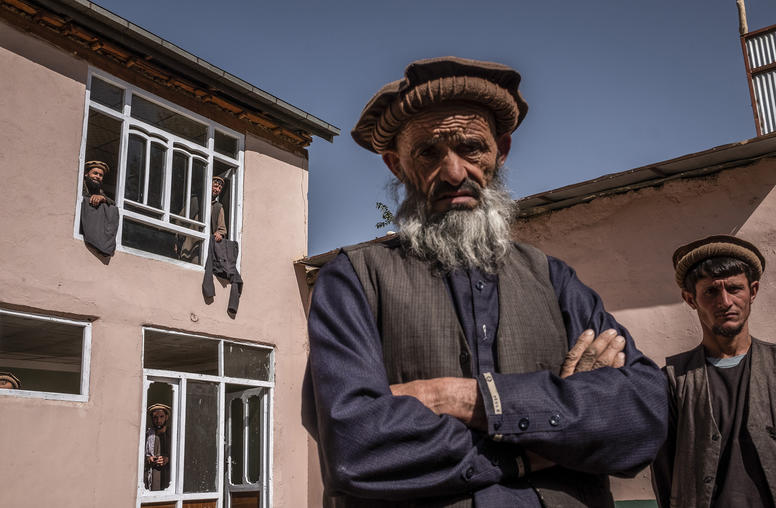
Will a Prisoner Swap with the Taliban Push the Afghan Peace Process Forward?
It’s been over two months since President Trump announced a halt to U.S.-Taliban peace talks. In a move that could revive the moribund peace process, the Afghan government and Taliban completed a prisoner exchange that had been announced last week but then delayed. An American and Australian professor held by the Taliban were freed in return for three senior Taliban figures. Meanwhile, Afghanistan’s September 28 presidential election remains undecided, further complicating peace efforts. USIP’s Scott Worden looks at what impact the prisoner exchange could have on the peace process, how regional actors have sought to fill the vacuum in the absence of the U.S.-led talks and the connection between negotiations and the election.
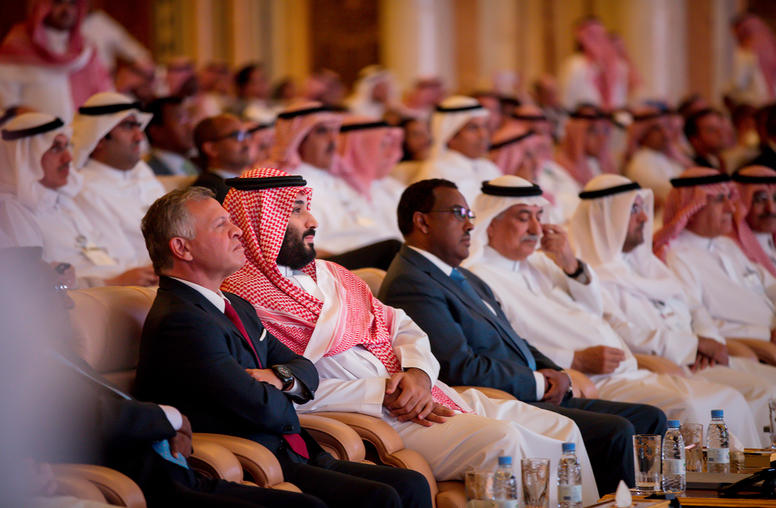
Israeli-Palestinian Conflict: It’s Time for a Sequel to the Arab Peace Initiative
The Israeli-Palestinian conflict has fallen down the list of political priorities in recent years as regional and global powers have been preoccupied with more pressing issues—including tensions with Iran; wars in Syria, Yemen and Libya; unrest in Lebanon, Iraq and Algeria; the rise of intestate competition, including with Russia and China, in the region; and a host of internal issues affecting the countries of the region. However, recent regional developments may present opportunities to reaffirm the tenets that would someday lead to a comprehensive peace.